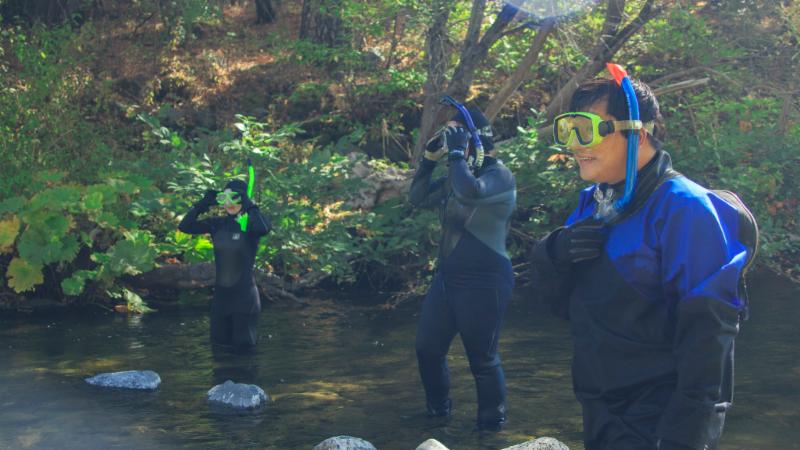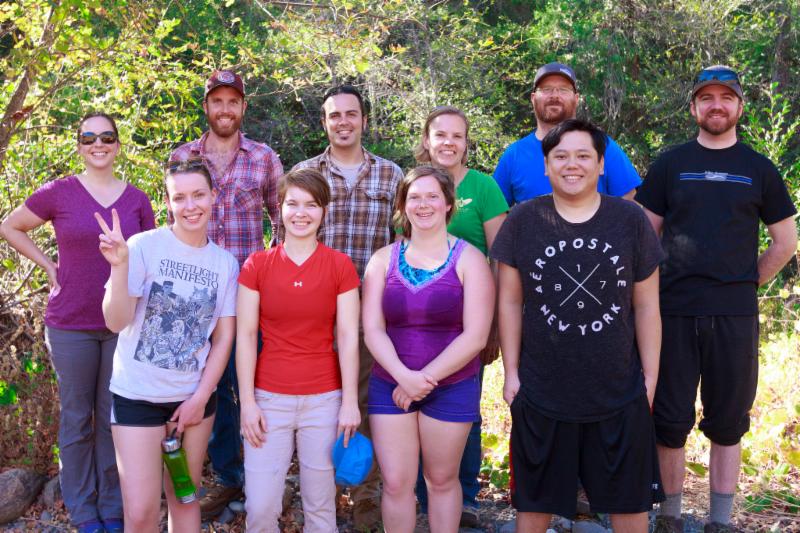Big Chico Creek Fish Report for 2-13-2017
Snorkel School: Diving into Big Chico Creek
Big Chico Creek - Chico, CA
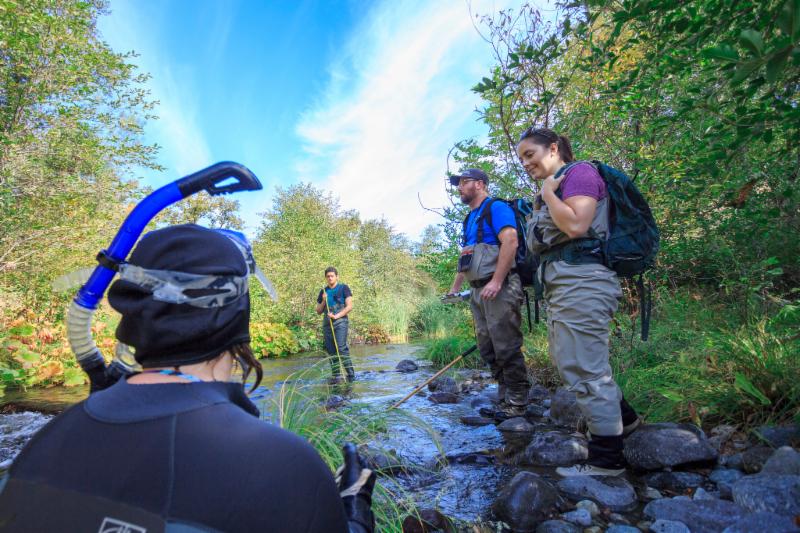
by Erin Loury, FISHBIO
2-13-2017
Website
The streams and tributaries that feed the Upper Sacramento River of Northern California are critical habitats for several species of salmonids listed under the state and federal Endangered Species Act, and as a result many have become some of the most well-studied creeks in the state. However, there is at least one stream that could be afforded a little more attention. Big Chico Creek, a 45-mile waterway that runs through the heart of Chico, California, is one of several small Sacramento River tributaries (along with Butte Creek, Deer Creek, Mill Creek, and Antelope Creek) that are known to support populations of spring-run Chinook salmon (Oncorhynchus tshawytscha) and Central Valley ESU Steelhead (Oncorhynchus mykiss). A relatively data-deficient stream, Big Chico Creek was surveyed annually by research teams from California State University (CSU), Chico between 1986 and 1998 to document the creek's recovery from a rotenone treatment in 1986 used to eliminate non-native fish species. In an effort to supplement work currently conducted on neighboring streams, FISHBIO reinitiated O. mykiss abundance surveys on Big Chico Creek in 2013 and 2014. Recently, FISHBIO had a unique opportunity to partner with Dr. Amanda Banet's Aquatic Ecology class at CSU, Chico to train and lead the students in snorkel surveys on Big Chico Creek.
Dr. Banet's class aims to teach students about the biological processes that take place in freshwater systems, and to describe the life history and ecology of aquatic wildlife found there. FISHBIO teamed with Dr. Banet to introduce students to snorkel surveys and habitat mapping in the classroom and field. Two classroom sessions bookended the outreach effort, with the first providing a brief introduction to Big Chico Creek, the overall purpose of snorkel surveys, and how to identify fish species we might encounter. We then spent two field days with the class, including a "dry run" at 5-Mile Recreation Area for students to hone their skills in a more controlled environment, then moved up into the Big Chico Creek Ecological Reserve to conduct a snorkel survey. We followed up with a final class visit to discuss how to review and analyze the data collected and how to write up the results of the survey.
We hope this experience provided the students an invaluable hands-on experience in fisheries survey methods. The timeframe and geographic coverage of the student surveys were too brief to provide a full fish assessment, but we feel more extensive surveys of Big Chico Creek are warranted. Surveys conducted by FISHBIO in 2013 and 2014 revealed that both the densities and overall abundance of O. mykiss were lower in 2014 than in the preceding year. Indices of abundance suggest that the rainbow trout population within the Big Chico Creek Ecological Reserve may have declined by as much as 75% compared to 2013. For a more in-depth look at the results, please see reports of both surveys on our website.
FISHBIO regularly engages in educational outreach events in hopes of inspiring young people to pursue a fisheries career track and to stimulate their curiosity regarding the natural world. We have worked with elementary schools through our Three River education program, have met with high school agriculture students to discuss opportunities in fisheries, and have now taken our outreach programs to the college level thanks to this work with CSU, Chico. We would like to thank Dr. Banet and the CSU, Chico Biology Department for their interest in collaborating with us and helping to provide an exciting opportunity to prospective fisheries professionals. We enjoyed our time working with the students and look forward to further collaborations in the future.
FISHBIO is a dedicated group of research scientists, engineers, and technicians that specialize in counting, tracking, and analyzing trends in fish and wildlife populations throughout the world. An expert staff, technical capacity, and state-of-the-art equipment make FISHBIO a trailblazer in aquatic research. For more information, please visit FISHBIO.com.
Photos
< Previous Report Next Report >
< Previous Report Next Report >
More Reports
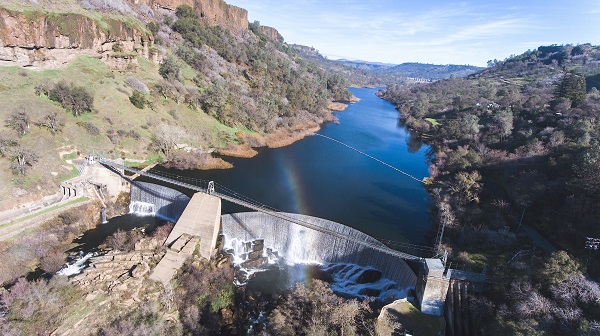
2-5-2017
Many areas in California are still recovering from the previous weeks of torrential rainfall, caused by an atmospheric river. As...... Read More
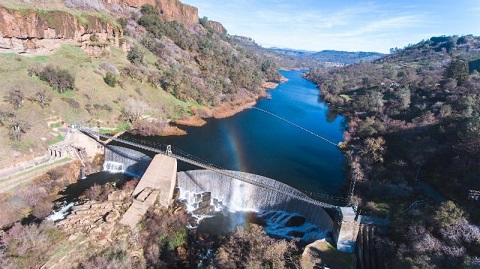
1-30-2017
Many areas in California are still recovering from the previous weeks of torrential rainfall, caused by an atmospheric river. As...... Read More

Website Hosting and Design provided by TECK.net
